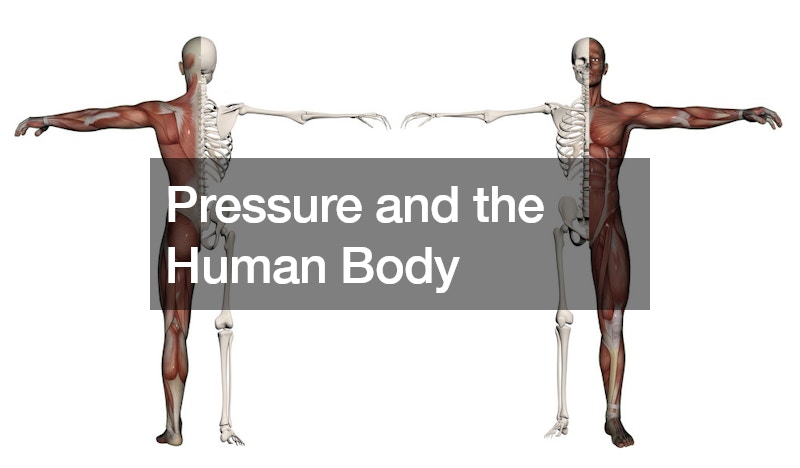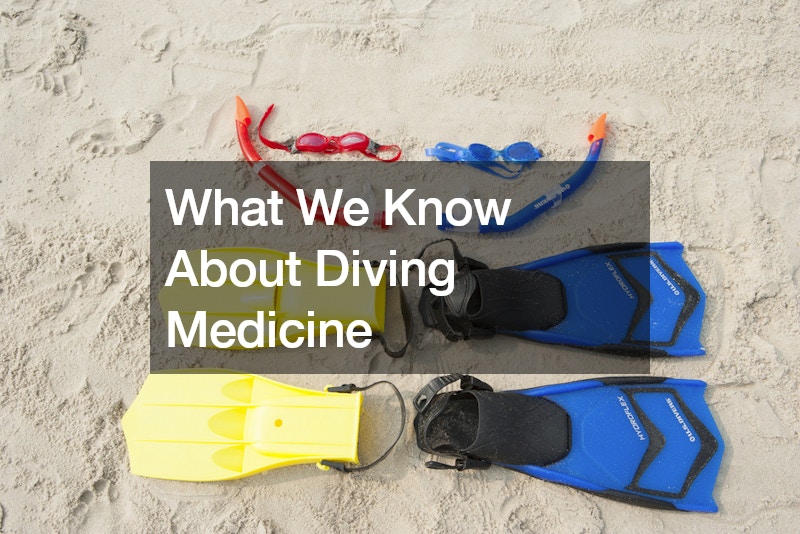
The specialized field of diving medicine focuses on the health and safety of individuals who dive, whether for recreational, commercial, or scientific purposes. This discipline addresses the unique physiological challenges and risks associated with underwater environments.
Pressure and the Human Body

One of the primary concerns in diving medicine is the effect of pressure on the body. As divers descend, the pressure increases, which can lead to conditions like barotrauma.
This occurs when pressure changes cause damage to air-filled spaces in the body, such as the ears and lungs. Equalizing techniques and proper training are essential to mitigate these risks.
Decompression Sickness
Decompression sickness (DCS), also known as “the bends,” is a significant concern. It occurs when dissolved gases, primarily nitrogen, form bubbles in the blood and tissues due to rapid ascent and insufficient decompression. Symptoms range from joint pain and dizziness to more severe neurological issues. Adherence to dive tables, dive computers, and gradual ascents are critical preventive measures.
Training and Safety
Comprehensive training and adherence to safety protocols are paramount in diving medicine. Divers must be aware of their physical limits, maintain fitness, and undergo regular medical evaluations to ensure they can handle the demands of diving.
This particular medicine plays a crucial role in ensuring the health and safety of divers by addressing the physiological challenges of underwater environments and promoting preventive measures and safety protocols.



